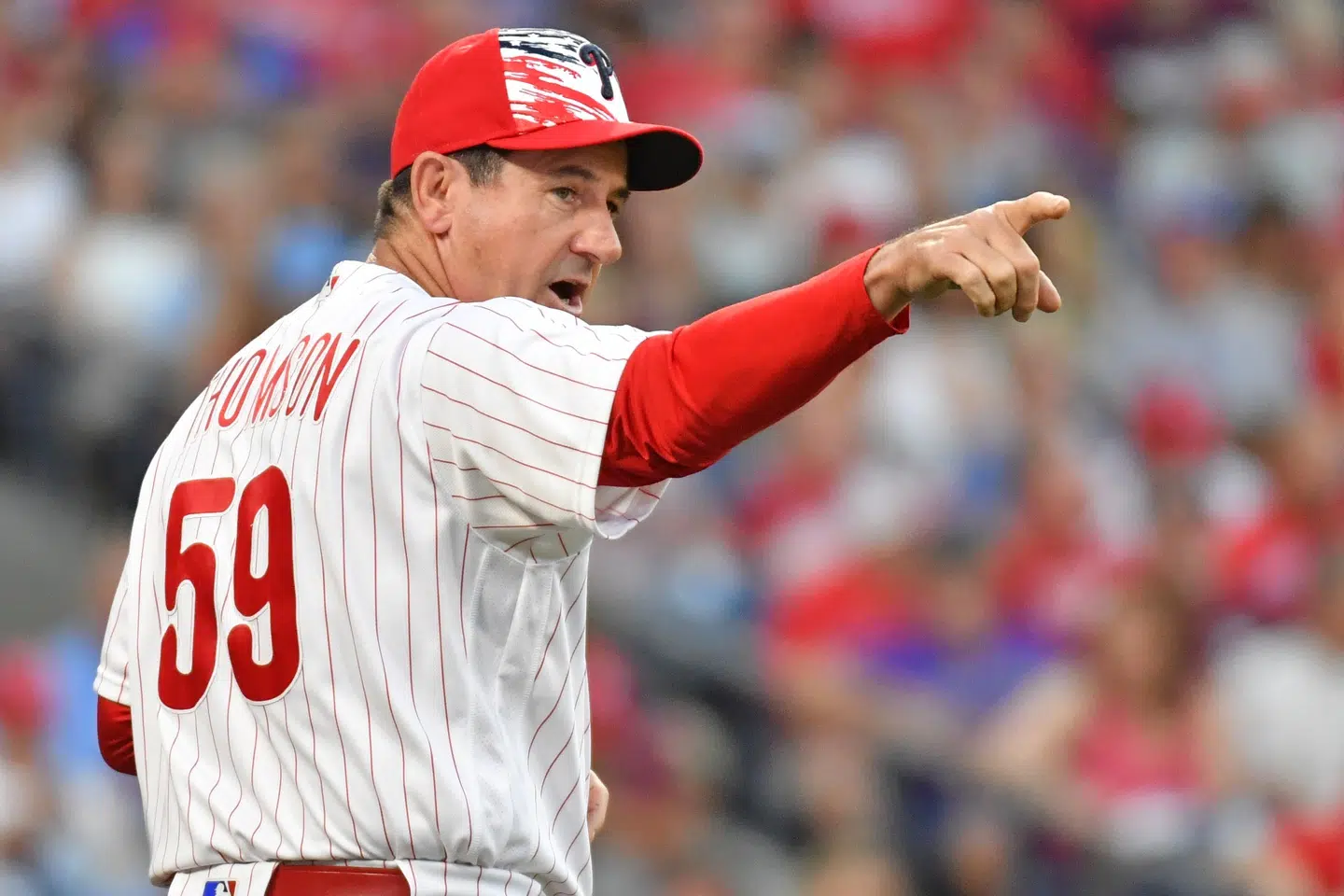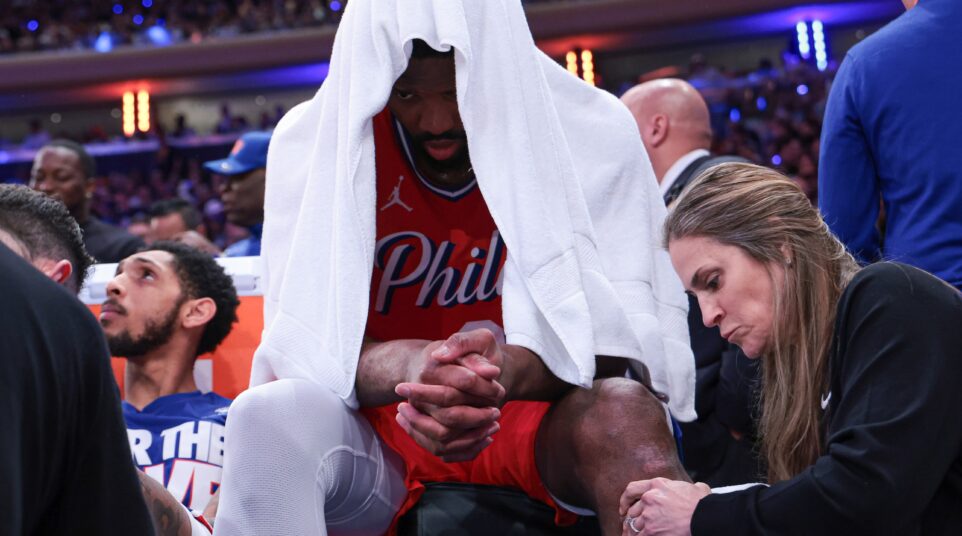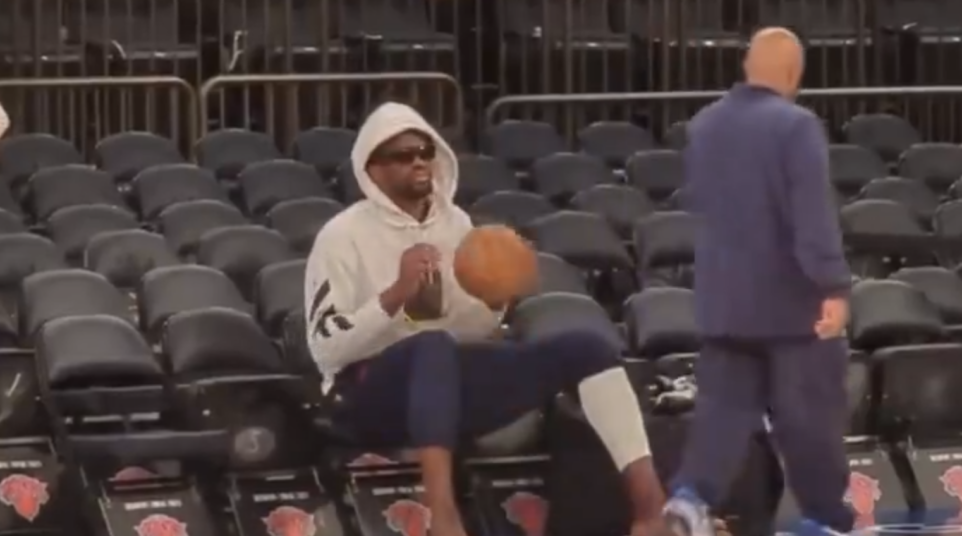
Rob Thomson is more than just a manager letting the Phillies be themselves
After Friday night’s 7-4 win over the Pittsburgh Pirates, their fifth consecutive victory, Bryce Harper, who put an exclamation point on his return to the lineup after two months following surgery to repair a fractured thumb, was the post game interview for the television broadcast. Here’s what he said:
— DFAntastic (@PhillyTradesman) August 27, 2022
I’m not as sure it was a dig at former manager Joe Girardi as some others do, but rather it was praise for the atmosphere that Rob Thomson has created since taking over as manager on June 2.
“Atmosphere” is a big thing in baseball. When you are a team that is with each other every day for nine months of the year, playing a sport, while strategy and tactics are important, the most crucial part of the job for a baseball manager is managing personalities.
And Thomson, who has a similar, albeit different, aw shucks looseness to his personality that Charlie Manuel had when he was the Phillies manager, has created that environment in the Phillies clubhouse. It’s a chill place to hang out. It’s got it’s own vibe. It’s a place where veterans and youngsters alike have the chance to mesh. There is a feeling of belonging and togetherness that maybe wasn’t there under Girardi, who kept things a little more Captain Von Trapp – minus the dog whistles.
We’ve heard this a lot, right? That Thomson has created the right environment for the team, which is what it needed.
But, I’m here to tell you there is a little more to Thomson as a manager than just being more communicative and having no problem with having his players let their hair down.
See, the guy is pretty aggressive. And a little old school. And a forward thinker. Not that he wants you to know that, or think that.
At a recent game I asked him about being more aggressive on the base paths, trying to steal bases and manufacture runs. Rather than discuss the increased frequency, Thomson simply said they had a good report on the pitcher that he was slow enough to the plate where they could chance it, and that most pitchers, who are faster, prevent it from happening.
This, of course, is true. Mostly.
But, something else is also true – Thomson likes to run.
This isn’t to say he’s reincarnating the 1980s St. Louis Cardinals. Those days are long, long gone, unfortunately. (You younger generation guys have no idea how fun they were to watch.) But at the same time, the Phillies do try to snag an extra bag or two more frequently under Thomson.
The Phillies have 84 stolen bases. That’s third in the majors behind only Miami and Texas. Their success rate is 81.6%, which is fifth-best in baseball. The combination of the two is significant. They run more than most teams and do so successfully more than most teams.
And you know what else they do well? They hit-and-run.
In each of the last two games, the Phillies plated three runs because they got the runners in motion and had the batter swinging on the pitch.
With all the stats there are in baseball, there isn’t anything that measures hit-and-run attempts or successes or failures. But there is something within which employing the hit-and-run strategy impacts the data.
It’s called situational runs, or, what may seem nerdy, Run Expectancy Based on 24 Base Out States (RE24).
It’s not all that complicated. It simply assigns a value to each baserunner and the expectancy of that runner to score. For a full explanation of the math, here is a good explanation from Fangraphs.
The only difference between situational runs and RE24 is situational runs divides RE24 by a base out leverage index, or determining the importance of the situation for each situation.
The Phillies are sixth in baseball in situational runs (17.71) as well as RE24 (20.79). Another way at looking at these stats is the number of wins they created or cost a team. The Phillies are seventh here at +1.7.
In case you are wondering who the teams are the Phillies are trailing, its the Dodgers, Yankees, Braves, Mets, Cardinals and Blue Jays. All playoff teams.
But here are the examples from the last two games.
First, against Cincinnati on Thursday with Edmundo Sosa at the plate, scoring two runs:
https://twitter.com/BrodesMedia/status/1562970376850001921
Then Friday, against Pittsburgh, with Bryson Stott at the dish, scoring another run:
https://twitter.com/BrodesMedia/status/1563344268629905410
In both cases, Bradley Zimmer showed off his wheels to score runs. Unfortunately, it wasn’t good enough for him as he was DFA’d Saturday with the return of Brandon Marsh to the lineup.
Still, it’s a sign of the aggressive nature of Thomson as a manager to really pressure defenses, especially shifting defenses, who now have to either allow the base to be stolen or send infielders to cover bags from awkward positions on the field and opening up even more room for hits to get through.
Consider the three-run rally against Cincinnati was started by a bunt single by Garrett Stubbs, taking advantage of a shift as well.
Garrett Stubbs is fifth in the NL in bunt hits with 5. Everyone ahead of him has at least 250 at-bats. Stubbs has 85. https://t.co/S7dDrNAJ1O
— Leo Morgenstern (@morgensternmlb) August 26, 2022
It’s shrewd strategies by Thomson, who refuses to take any credit.
“My father once said, a really bright executive knows how to take credit for stuff that just falls into his lap,” Thomson said.
He was referring to his new lineup construction, which had Harper batting cleanup, rather than his usual third spot in the order. It was a bit of a surprise, but again, it was smart.
Your best player is a lefty. Your best power hitter (Kyle Schwarber) is a lefty. By batting them 1 and 4 (and subsequently another lefty in Bryson Stott at No. 7) it forces an opposing manager to pick their poison when using their bullpen. With the rule remaining in place that a reliever must face at least three batters (unless an inning ends first), it means that if a manager wants to turn to a lefty to face either Schwarber or Harper, they would then also be forced to face two righties who feast on lefties – either Rhys Hoskins and Alec Bohm (behind Schwarber and in front of Harper), or J.T. Realmuto and Nick Castellanos (between Harper and Stott).
Maybe there are several reasons the Phillies are 49-26 under Thomson, and it’s not just about letting young players play, or creating a more desirable workplace or identifying roles in the bullpen.
Maybe, just maybe, he’s a tactician too. And doing it by taking parts of the way the game used to be played and using them to negate the strategies of the modern game is what makes him the leading candidate for manager of the year.
And deservedly so.





